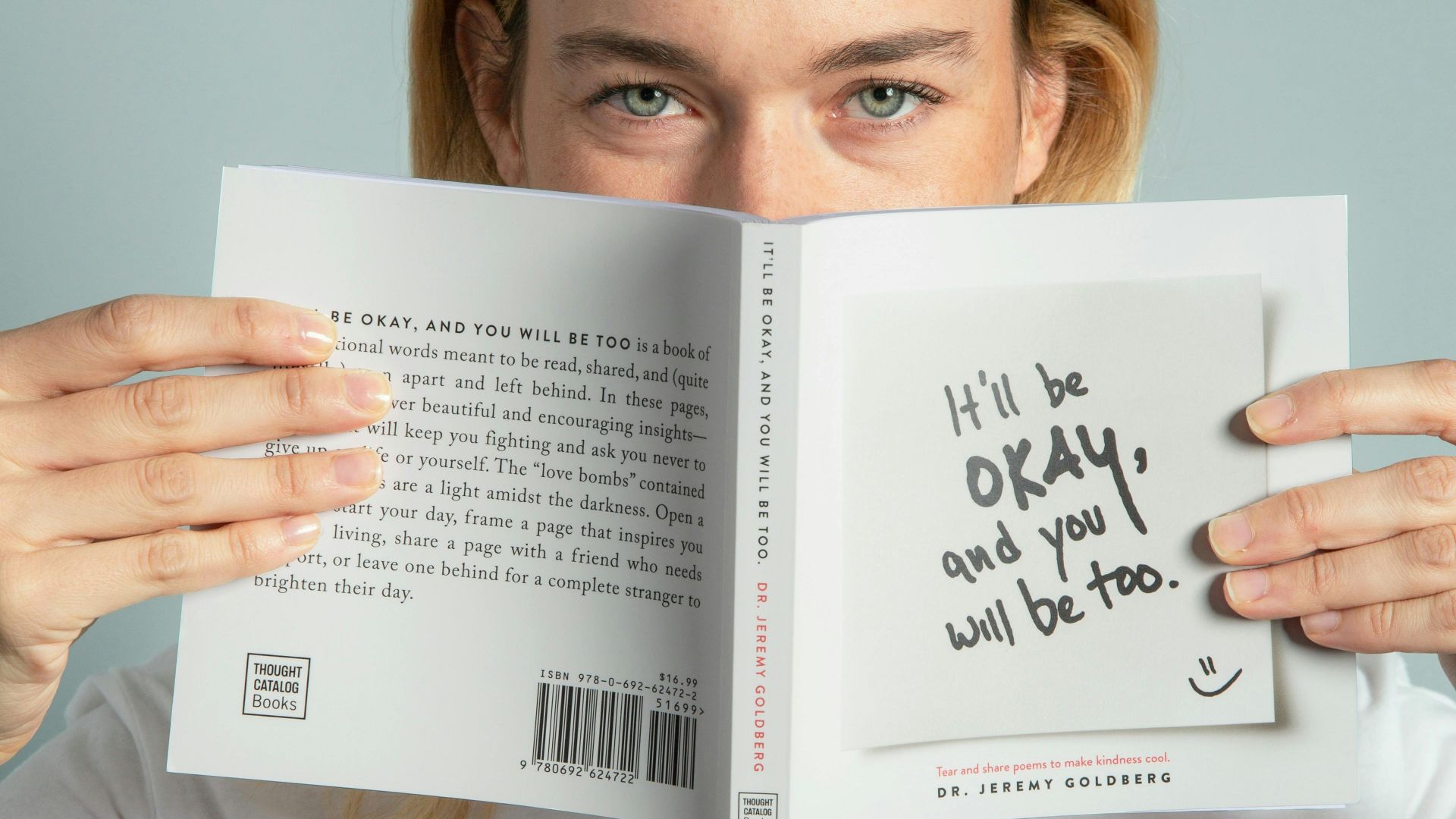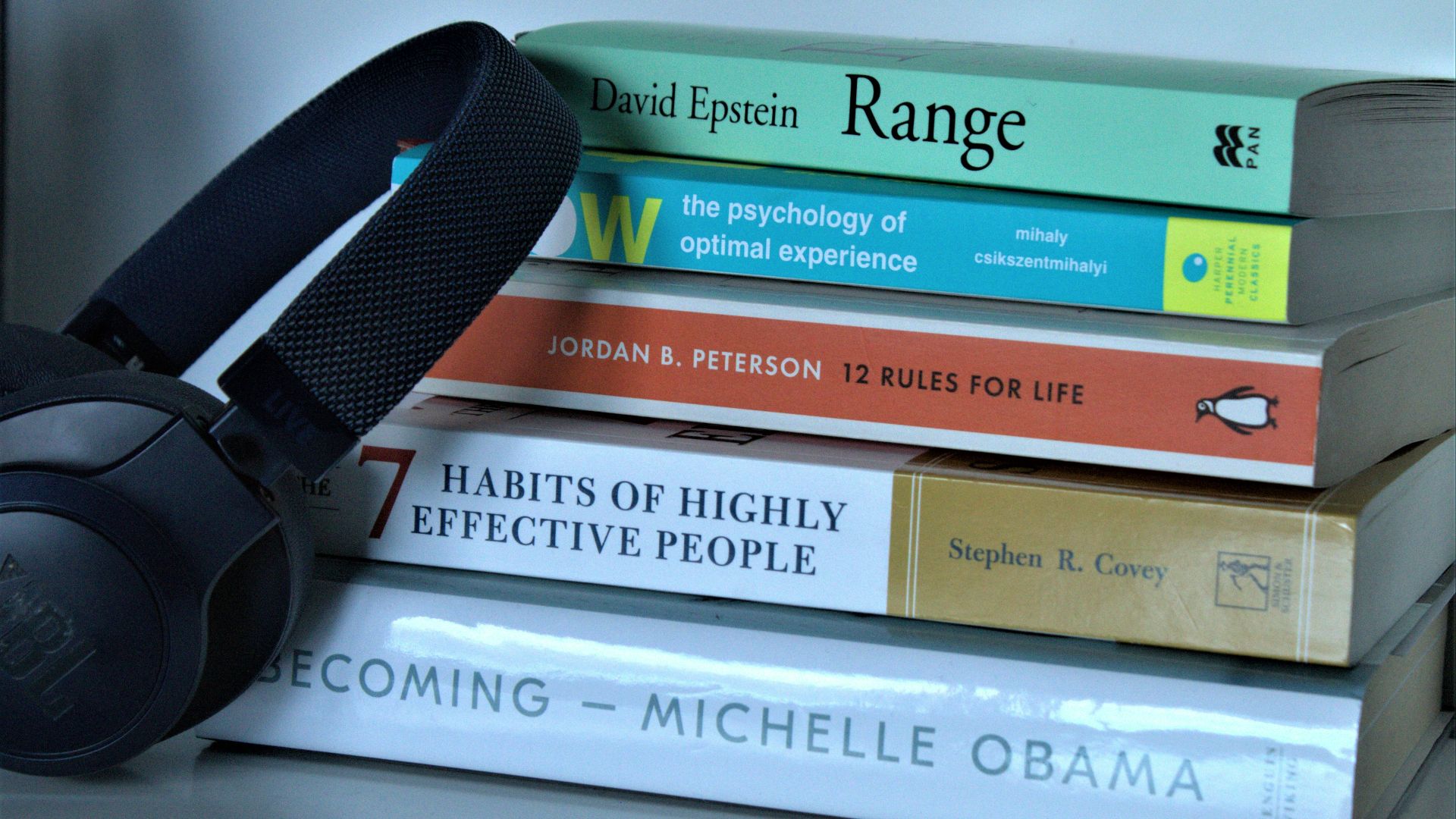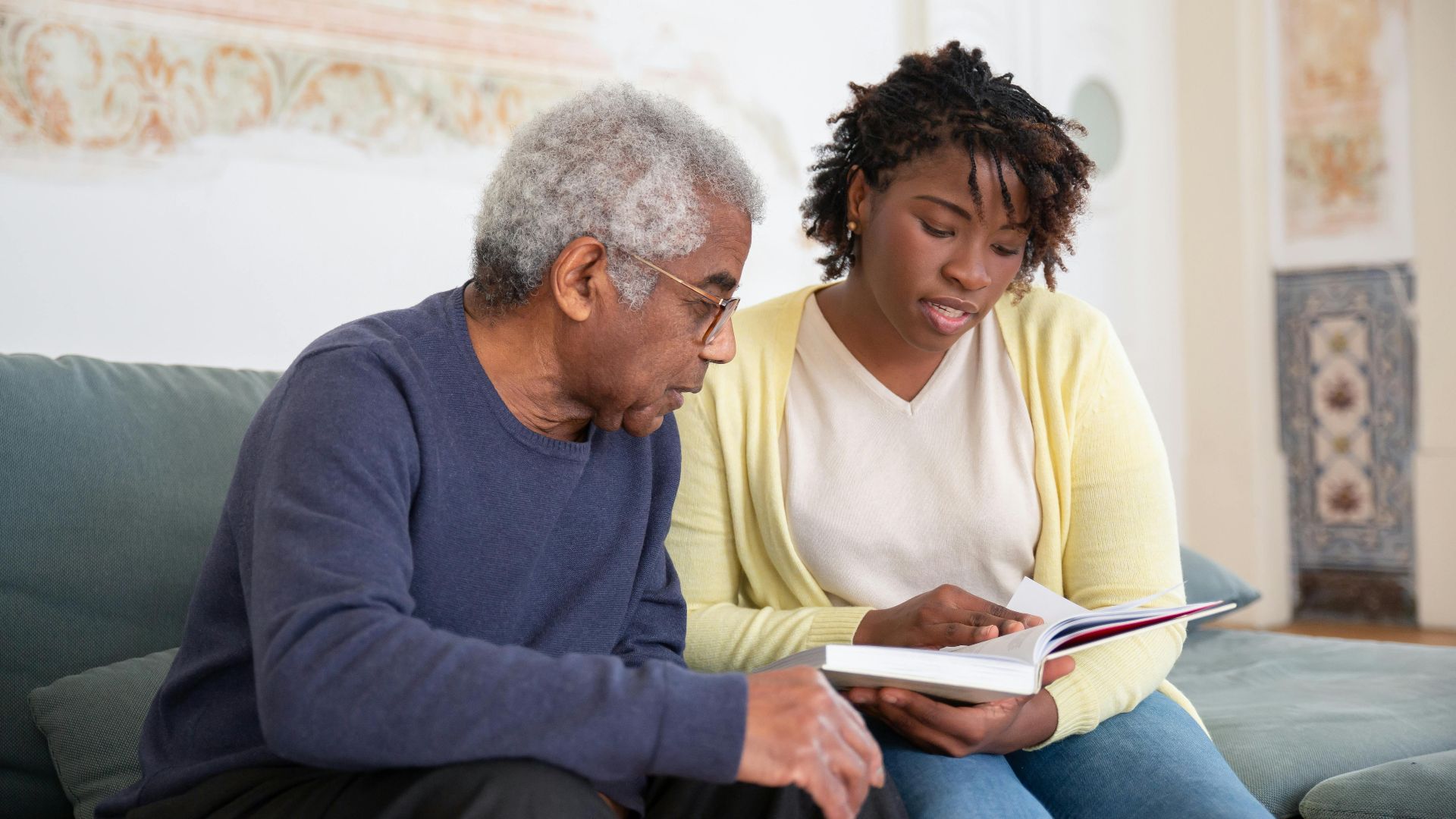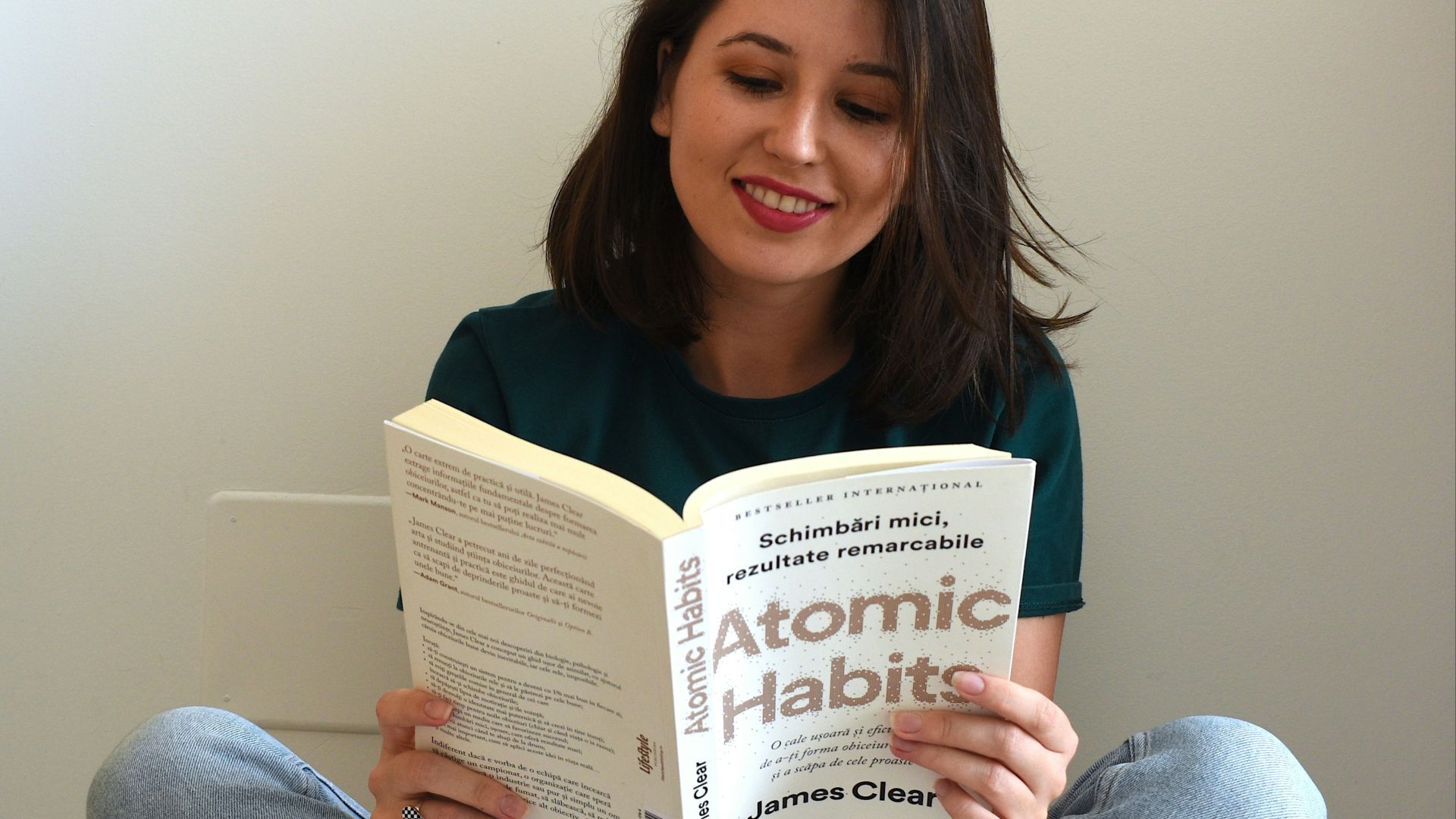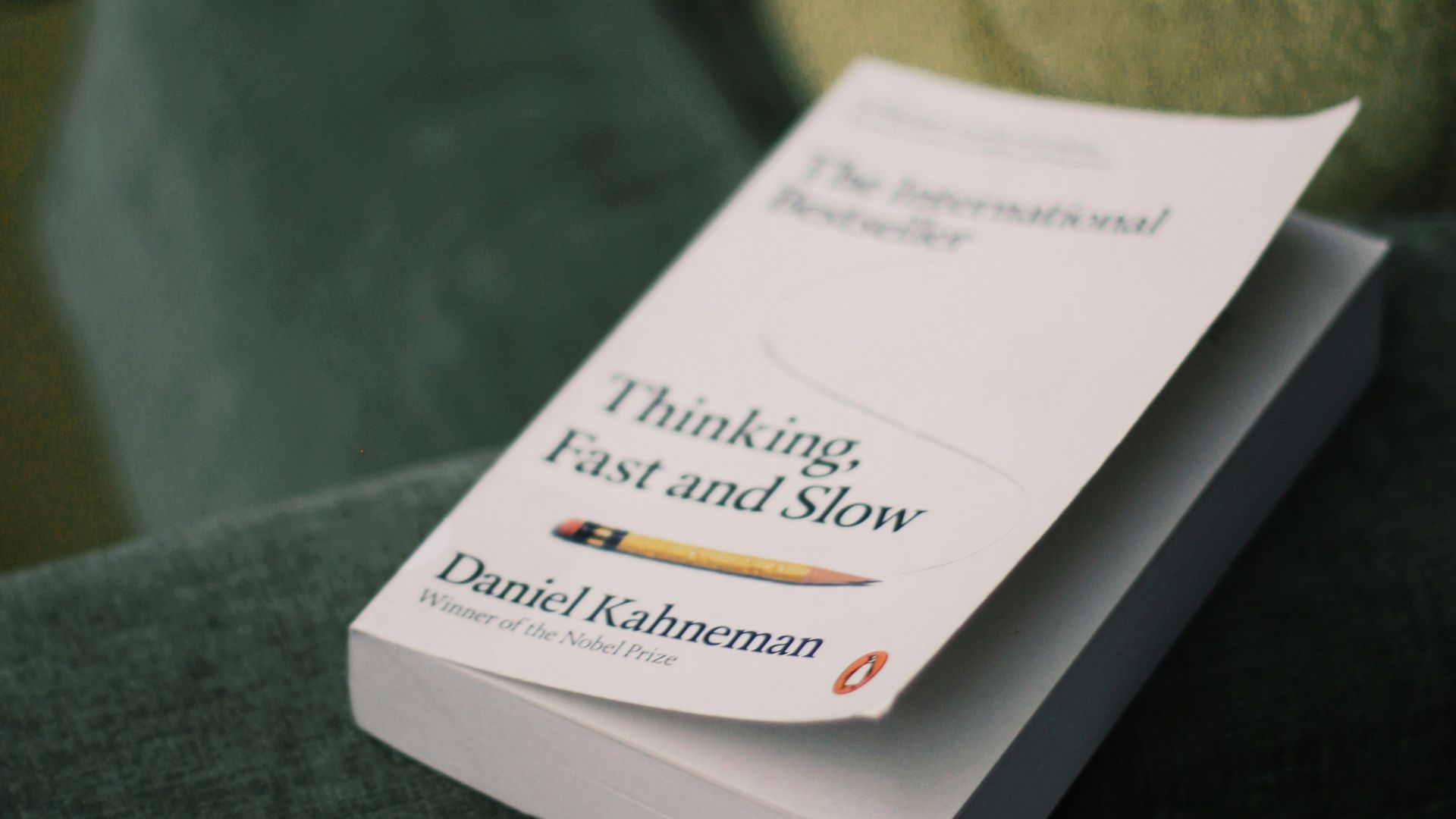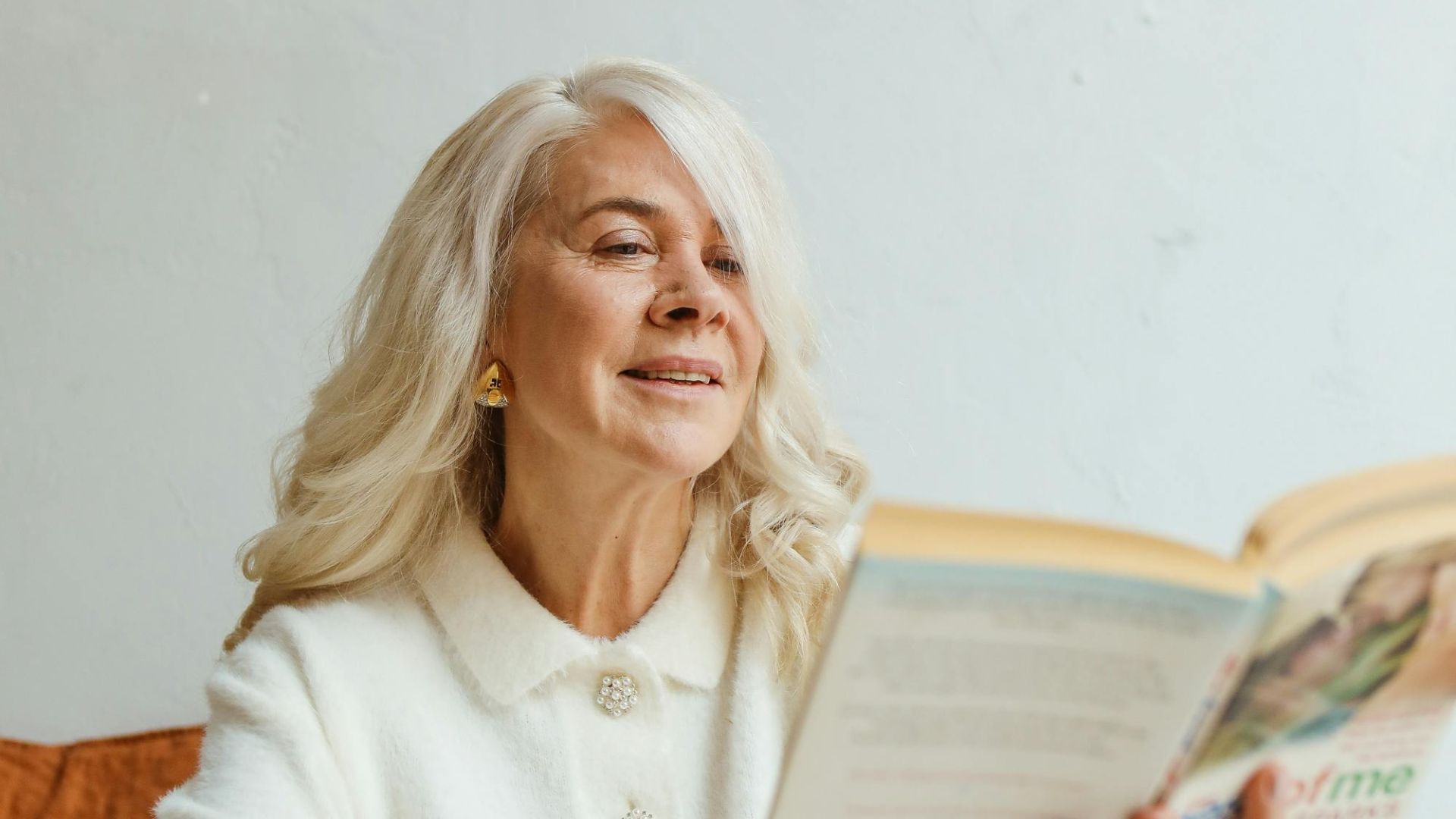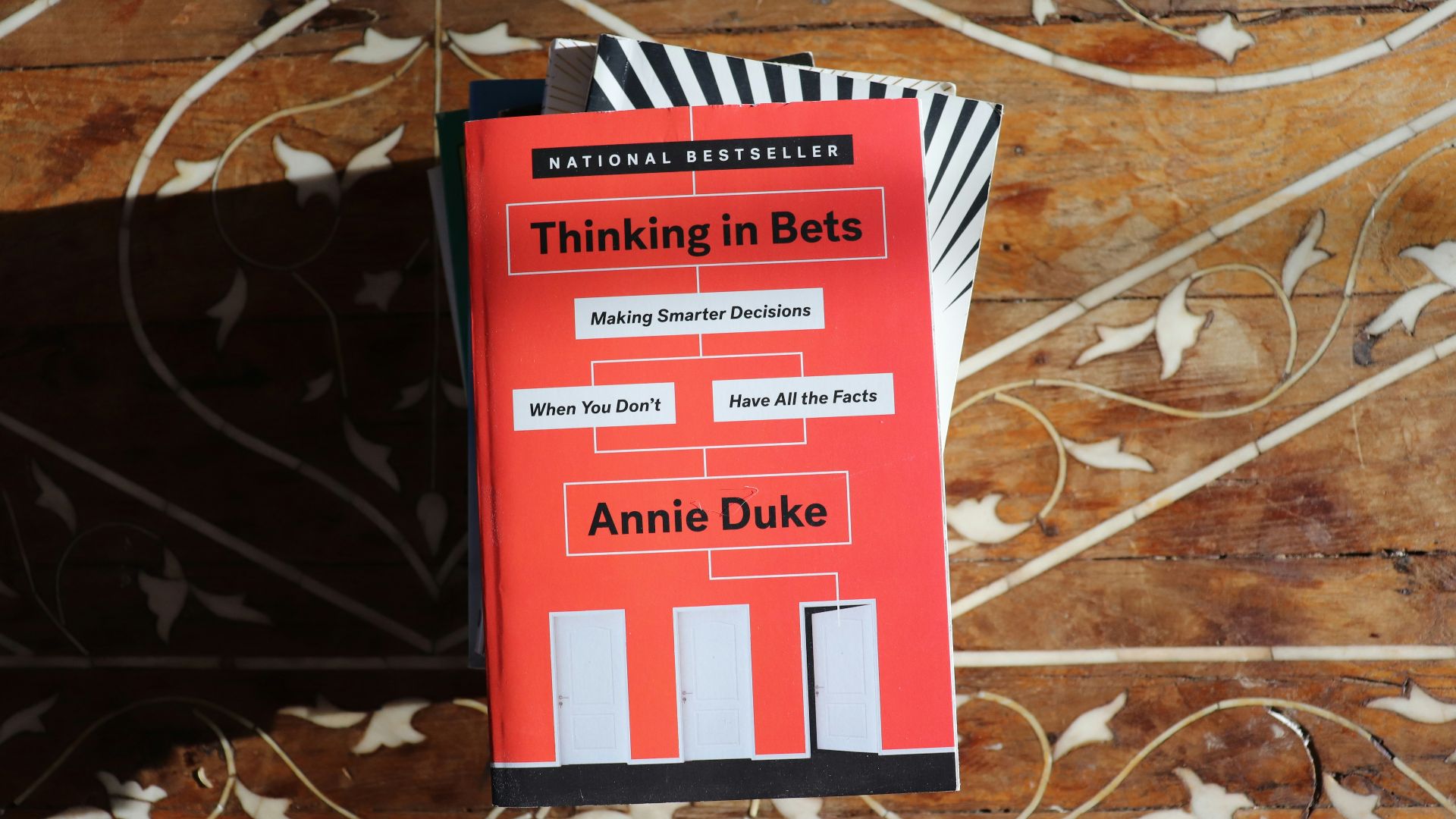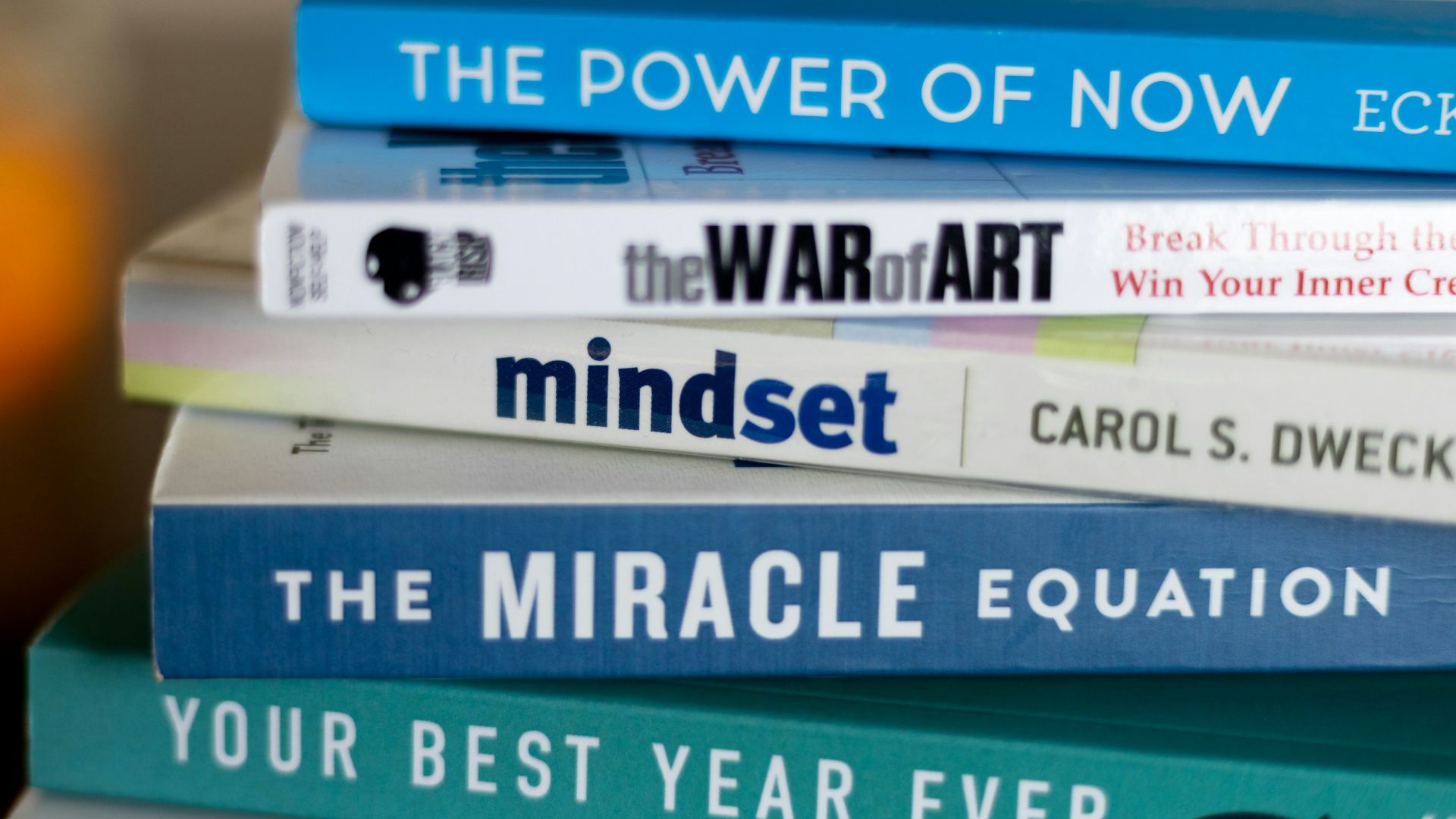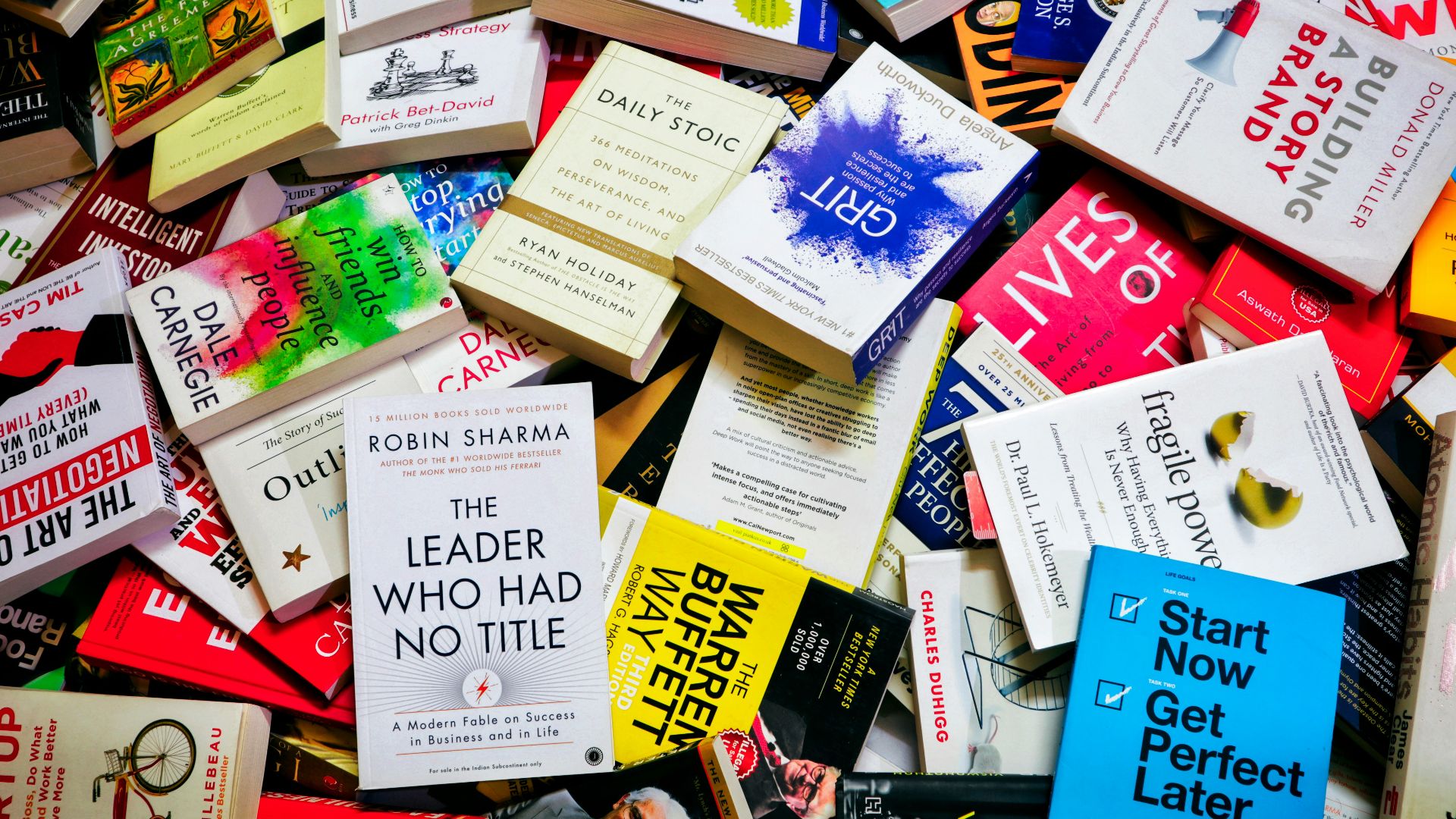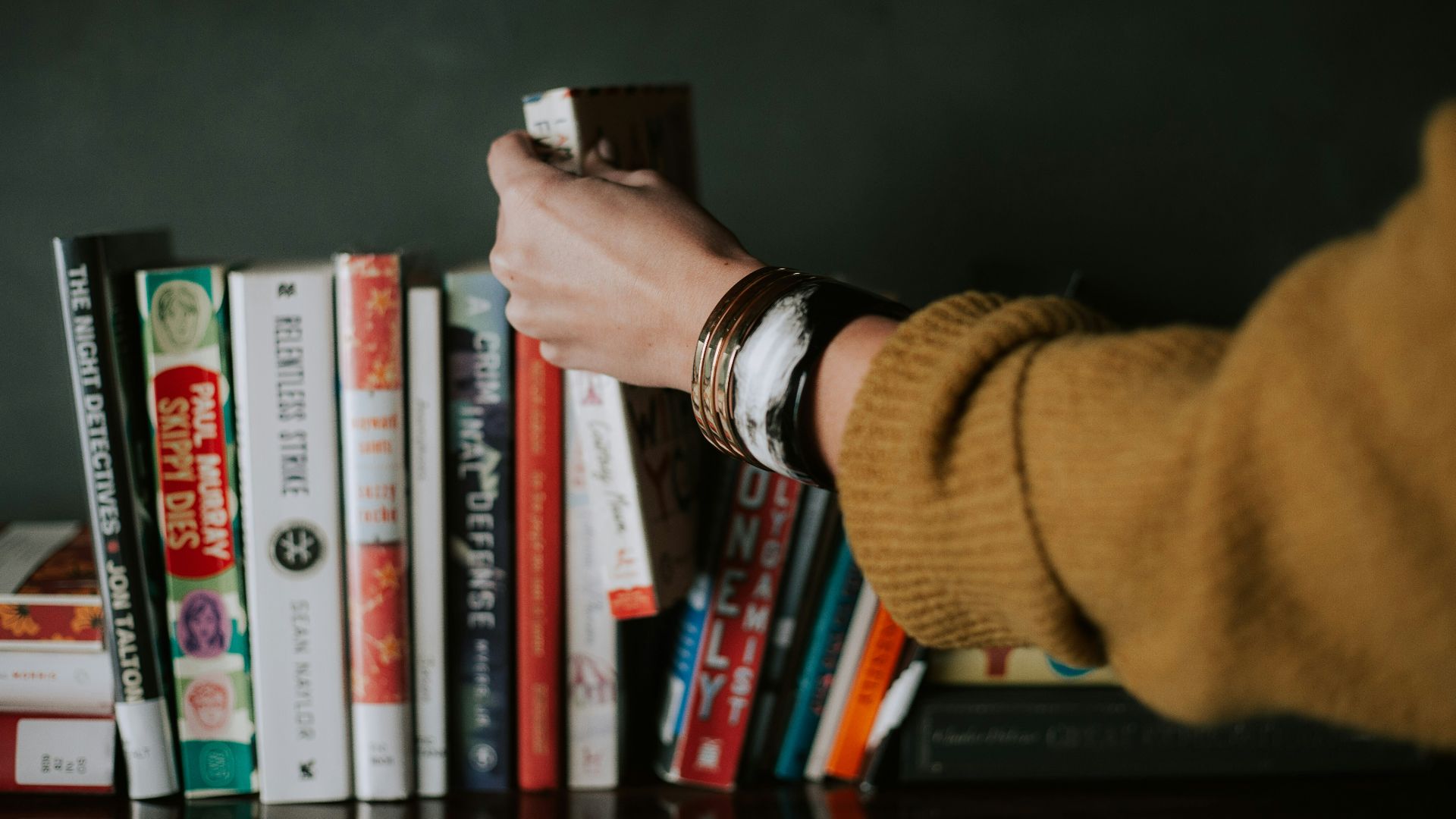Positive Thinking or the Placebo Effect?
There’s nothing wrong with a good self-help book…right? They’re meant to guide you; they promise all sorts of solutions and may even be written by that online guru you love. But what actually constitutes the good from the bad? We hate to tell you, but not all novels are made equally, and we’re here to expose which ones hurt and which ones help.
1. Unrealistic Promises
As much as we’d like to believe that a book will make us rich, there’s no such thing as a cure-all solution. Any book claiming otherwise is only out to get your money or prey on personal problems it isn't qualified to help with. Self-help books should inspire you to change in ways that make sense for you, not promise immediate results!
2. No Real Qualifications
We all love a good memoir, but there’s a big difference between a qualified therapist and your favorite YouTuber’s book. Oftentimes, books published without solid credentials lean on quick schemes and improper advice. They can also recycle advice found online or guide you down the wrong path.
3. Generic Advice
In today’s day and age, only the best self-help books can stand out among the crowd. With so many blog posts and TED Talks available, it takes something truly spectacular to inspire others. But books that rely on blanket statements aren’t very qualified to dole out advice.
4. Toxic Positivity
Those battling depression can’t just think happy thoughts. People with anxiety can’t just “fake it ‘til they make it.” Serious self-help books understand specific issues and work hard to help you through them; phony copies, on the other hand, only rely on toxic positivity and generic paths forward.
5. No Focus on Failure
We know what you’re thinking! Why would a self-help book focus on failure? Well, failure is a part of life, and books that acknowledge it are also more effective. Personal lows are no reason to give up; the best books paint an accurate picture of life and help readers achieve real progress.
6. Obvious Phony Advice
Is that self-help book full of phrases you’d find on a yogurt lid? Yeah, that’s not a good sign! The issue with generic pages is that they typically lack actionable advice, leaving you to scramble for legitimate ways forward. Keep an eye out for things like toxic positivity, common tips, and “fashionable” advice.
 Photo By: Kaboompics.com on Pexels
Photo By: Kaboompics.com on Pexels
7. Discouraging Therapy
Therapy may not be for everyone, but that doesn’t mean it’s not a useful tool. When books discourage readers from professional help, it’s a big red flag that the author considers their word as gospel. No one—and no book—should discredit legitimate help!
8. Constant Buzz Words
Boundaries. Triggers. Narcissist. These are just a few of the misused buzzwords often found in unhelpful books. Of course, there’s nothing wrong with them on the surface, and they’re actually terrific terms when properly used, but unqualified authors will throw them around in a confusing tangle, which is more harmful than helpful.
9. Repetitive Content
Wait a minute. You’re on chapter nine, and you just read this in chapter two. Shouldn’t books have more structure than this? Yes, they should! Bad self-help books will circle back to previously made points. They’ll also stretch out basic advice. The best work is concise and filled with step-by-step solutions.
10. They Target the Reader
Self-help books should never belittle you. Many so-called gurus will suggest working harder or adopting some kind of “grindset,” but that toxicity places blame on the most vulnerable people. Illegitimate authors never factor luck into their success, and they usually skirt over struggles to promote a personal brand.
With so many options out there, how can we tell the good from the bad? Don’t you worry—we have a few key ways to spot books that can actually help you.
1. Evidence-Based Solutions
Great books quote studies, include citations for their research, and may even provide further information for readers. Take a look at the author’s credentials and make note of how they support their claims. It’s always a good sign to see footnotes or a bibliography.
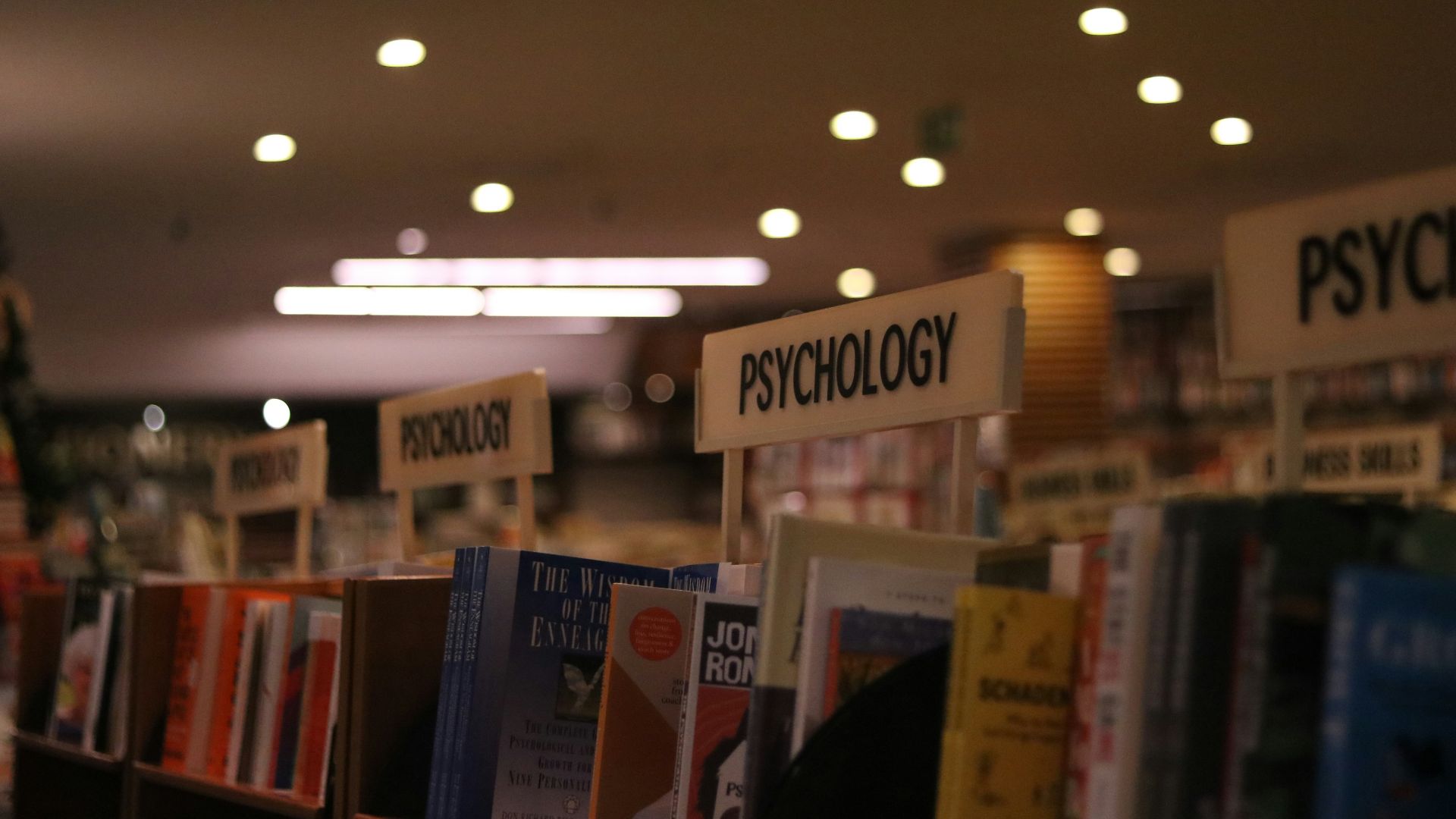 Alicia Christin Gerald on Unsplash
Alicia Christin Gerald on Unsplash
2. Legitimate Credentials
Where did this author study their field? How long have they been in business? Do they have any glaring controversies to their name? It’s one thing for an author to just throw around acronyms, but it’s another for them to live up to their title. Make sure that person is as qualified as they claim.
3. Promotion of Healthy Habits
Good books understand that we’re all different. They won’t promote generic steps or gloss over real issues—they’ll encourage you to adopt healthy habits down the line. Look for long-lasting recommendations as you read, not quick-fix solutions.
4. Actionable Steps Forward
They’ve said all the right things, but do their recommendations follow suit? Good books ensure that every reader has a chance to better their lives; they’ll factor in economic differences and various lifestyles to help as many people as they can.
5. Focus on Specific Needs
A good self-help book doesn’t rely on blanket statements. The author won’t present themselves as an everyman, either. Not everyone struggles with the same thing, and proper pages present real solutions for specific needs.
6. Doesn’t Provide “Miracle Cures”
“We promise you’ll lose 20 pounds in one week!” We certainly hope not! Unrealistic—and downright dangerous—promises do more harm than good. They not only lack lifelong solutions, but they also set the reader up to fail. If anything, that immediate failure only makes people feel worse.
7. Structured Content
Self-help books follow the same structure as your everyday novel. They need to come with supported evidence, actionable steps, and legitimate advice that targets individual needs. Trust us, it’s always easy to spot books that were written in one sitting.
8. It’s Not the “Most Popular” Choice
Don’t get us wrong, there’s nothing wrong with popular options! However, some books climb the charts simply because of the name attached to them. Try not to gravitate towards “popular” books; focus on ones that mean the most to you. You don’t have to read it just because everyone else is, and there’s no guarantee that it will even pertain to you.
9. They Monitor Progress
Good self-help books hold you accountable for your own success. In particular, self-improvement guides may recommend a journal or suggest that you adjust the provided advice to better suit your needs. They’ll also encourage a daily routine and remind you to check in on yourself down the road.
10. You Feel Inspired
The right book inspires you to change. If you walk away with positive reinforcement, you know you’ve got a gem on your hands. Best of all, you’ll actually want to take the recommended steps forward!


